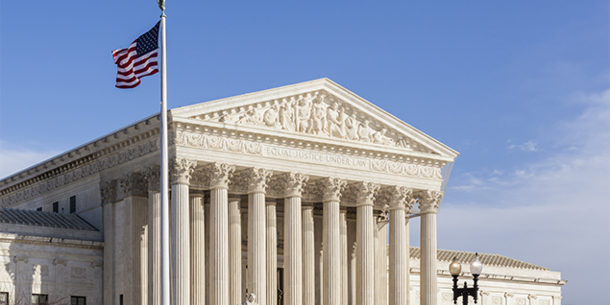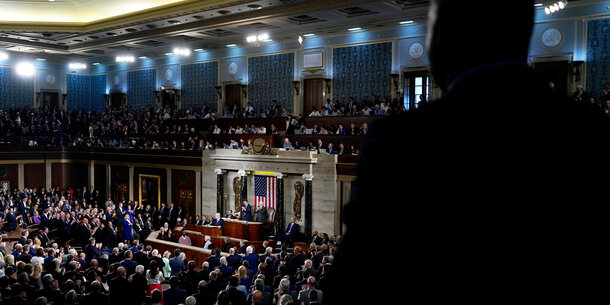Background
Dinner Table Action v. Schneider challenges a 2024 Maine ballot initiative passed overwhelmingly by voters (75% approval) that sought to regulate political spending. The initiative imposed a $5,000 cap on contributions from individuals and entities to state PACs that make independent expenditures (“Super PACs”).
In December 2024, two PACs, Dinner Table Action and For Our Future, filed suit against the members of the Maine Commission on Governmental Ethics and Election Practices and the Maine Attorney General, arguing the contribution limits and mandatory disclosure rules violate the First and Fourteenth Amendments. They contend the limits are unconstitutional because federal court precedent—specifically the D.C. Circuit’s 2010 ruling in SpeechNow.org v. FEC—held that contribution limits cannot be applied to groups that only make independent expenditures, as such contributions cannot lead to quid pro quo corruption. Defendants argued that the Supreme Court has consistently upheld contribution limits under the First Amendment as “an accepted means to prevent quid pro quo corruption” and its appearance.
In July 2025, a U.S. magistrate judge permanently enjoined Maine from enforcing the law, declaring it “unconstitutional on its face.” The case is now on appeal to the First Circuit.



